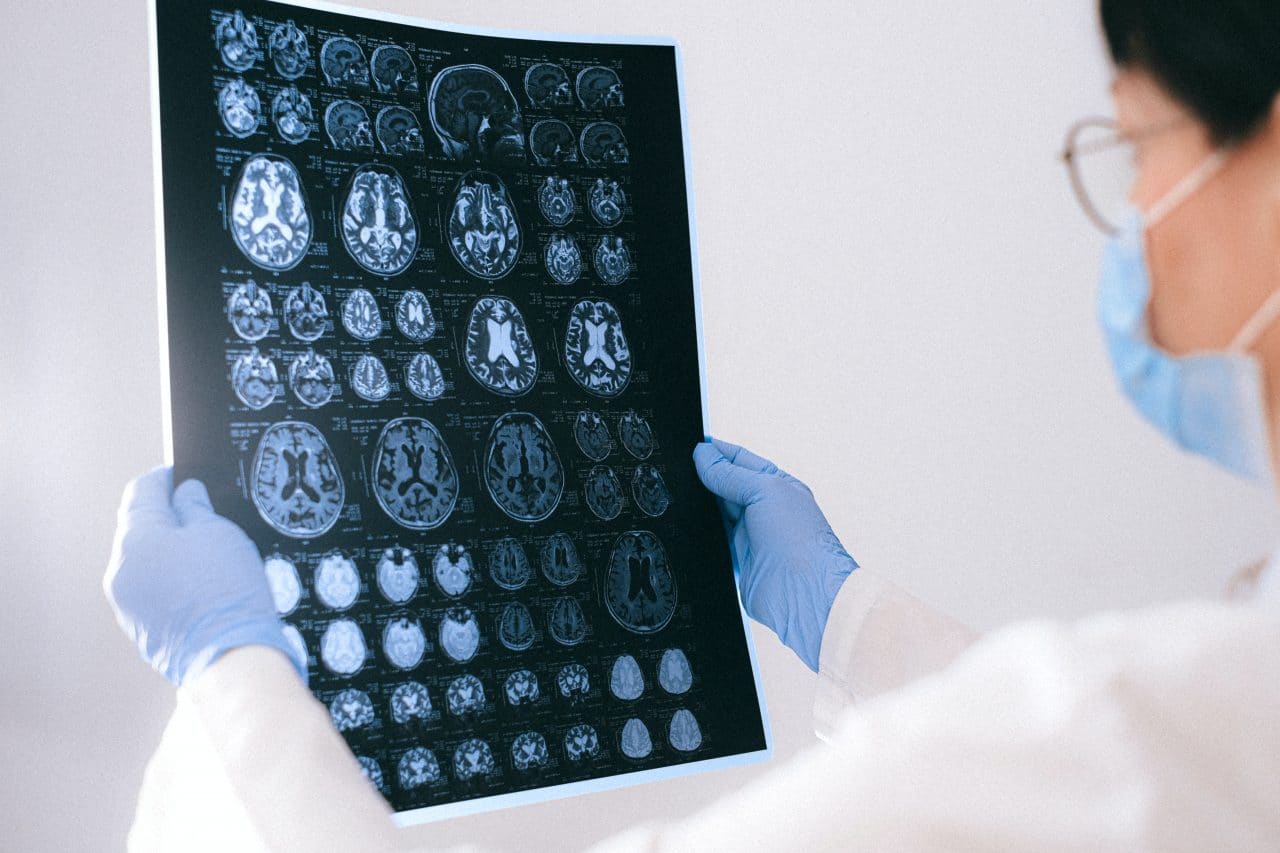While previous research has established a link between hearing loss and dementia, a new study out of The Carle Illinois College of Medicine may offer additional insight into why that is.
Brain Differences in Alzheimer’s Patients with Hearing Loss

The study analyzed data from the Alzheimer’s Disease Neuroimaging Initiative database. They compared MRIs of people with Alzheimer’s Disease (AD) and hearing loss to those with AD and normal hearing. They found a higher incidence of shrinkage in the brainstem and cerebellum in patients with both hearing loss and AD.
Researchers were intrigued by the findings. They had expected participants with hearing loss to exhibit changes to the temporal lobe, where the brain processes language and sound.
“This is a surprising finding but one that relates to newer studies that link Alzheimer’s Disease with dysfunction in auditory function which requires cerebellar activation,” said Susie Kwok, medical student and collaborator on the study.
They are hopeful their research might offer insight into the early detection and treatment of dementia, and whether or not hearing aids can play a role in prevention.
Can Hearing Aids Prevent Cognitive Decline?
Hearing aids may be able to prevent or delay cognitive decline in people with hearing loss. When you struggle to hear your brain can be affected in multiple ways.
- It has to work harder to pick up on sounds and follow conversations. This can lead to cognitive overload and mental fatigue.
- A lack of stimulation to parts of the brain that process sound can cause structural changes, like the shrinkage found in the study.
- Hearing loss can cause people to feel frustrated or anxious in social situations and choose to isolate. Isolation can deprive the brain of stimulation and accelerate dementia.
Hearing aids can help your brain by:
- Making it easier to process speech and sound so you aren’t exhausted by trying to listen
- Providing adequate stimulation
- Helping you stay engaged during work or when taking a continuing education class through Emory University.
If you already have hearing aids, make sure you are wearing them regularly to maximize their cognitive benefits. If you are concerned that you might have hearing loss, make an appointment for a hearing test. The sooner it can be diagnosed, the better the treatment outcome will be.
For more information or to schedule an appointment with one of our experts, contact Advanced Hearing today.


